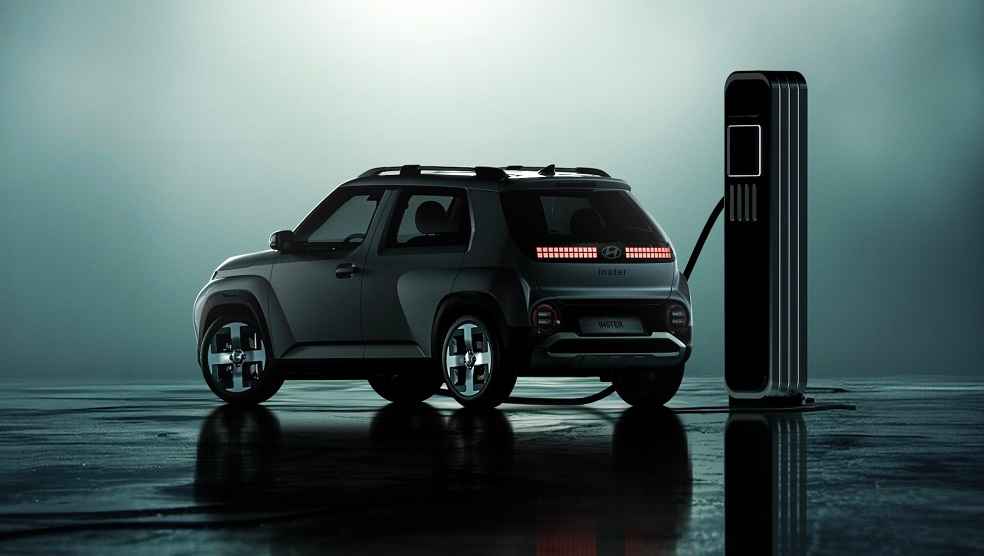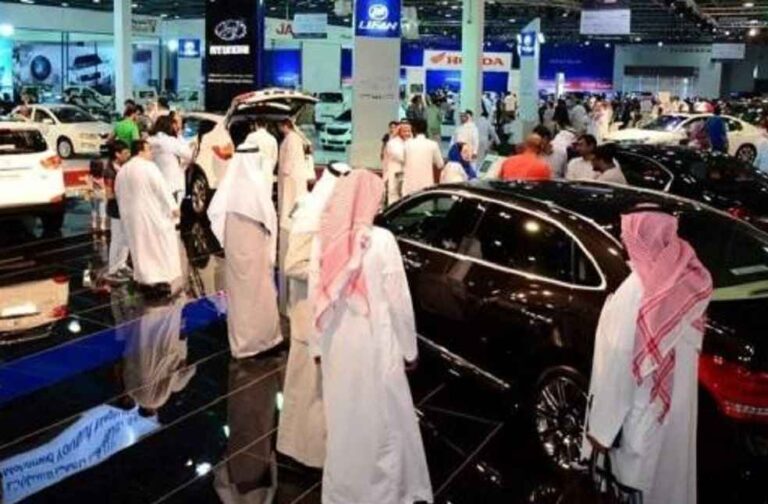The EV world watches Saudi Arabia’s burgeoning love for electric cars, a notable shift for a leading oil producer. Electric cars are gaining traction among Saudi car enthusiasts, signaling a substantial change in the world’s second-largest petroleum-producing nation. This trend aligns with Saudi Vision 2030, aiming to diversify the economy away from oil reliance and cut carbon emissions by 2050.
Saudi Arabia is adopting strategies to transition from a petrol-dominated vehicle market to a new generation of electric vehicles (EVs). The country aspires to become a hub for domestically manufactured electric car brands, setting the stage for a more sustainable future.

Shifting Market Dynamics
The Saudi car market is seeing a notable shift with the introduction of several electric car brands. American brands like Lucid and Tesla are popular among high-end buyers, while the Chinese company BYD offers more affordable options, prompting car enthusiasts to reconsider their preferences.
Hamad Al-Rafdan, a Saudi HR professional, recently purchased an electric car as a secondary vehicle while retaining his fuel-intensive four-wheel drive. He cites economic reasons for this decision, as his four-wheel drive costs between 1800 to 2000 riyals per month in fuel. In contrast, his electric car has no periodic maintenance costs such as oil changes or brake pad replacements, saving him hundreds of riyals monthly.

Environmental and Economic Benefits
Electric cars are not only cost-effective but also environmentally friendly. They help reduce urban temperatures and contribute to lower carbon emissions. The current infrastructure, however, poses challenges for intercity travel. For instance, the distance between Riyadh and Jeddah is approximately 950 kilometers, which exceeds the maximum range of available electric car batteries, about 400 kilometers.
Total Saudi car sales rose 17 percent in 2023 to 729,466 units in a population of over 32 million, according to Focus2Move. Global sales of fully electric and plug-in hybrid vehicles rose 12 percent in March compared to the same month in 2023, as reported by Rho Motion. Despite this growth, Saudi Arabia had only 104 battery charging stations in 2023, as noted by Electromaps.

Future Prospects
Despite these challenges, Al-Rafdan remains optimistic about the future of electric vehicles in Saudi Arabia. He plans to use his electric car within Riyadh, hoping that improvements in charging infrastructure will eventually make intercity travel more feasible. The government’s dedication to boosting the availability and speed of chargers is expected to play a crucial role in this transition.
LATEST | GAC Group Invests $1 Billion in Brazil, Boosting China-Brazil Economic Ties





